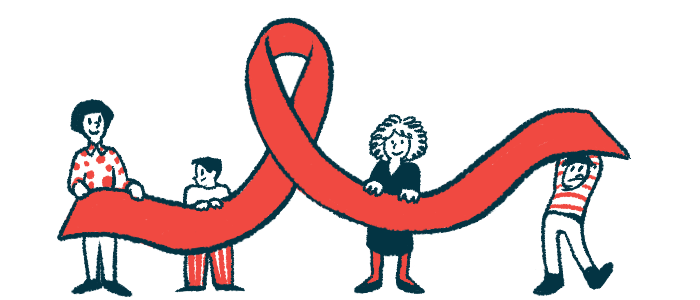WHO roadmap for better care to mark International Epilepsy Day
Feb. 12 event supports people worldwide living with forms that include Dravet

International Epilepsy Day for 2024 aims to promote public understanding of a condition thought to affect some 65 million people globally — including those with Dravet syndrome — to gather support for a 10-year World Health Organization (WHO) epilepsy roadmap.
Held annually on the second Monday in February — Feb. 12 this year — the event raises funds and heightens awareness of epilepsy, a disorder in which nerve cell activity in the brain is disturbed, causing seizures.
Organized by the International Bureau for Epilepsy and the International League Against Epilepsy, International Epilepsy Day targets researchers, lawmakers, and industry representatives, as well as the general public.
WHO roadmap intends for better public health approaches to epilepsy
This year focuses on the WHO’s Intersectoral Global Action Plan on Epilepsy and other Neurological Disorders (IGAP), a 2022-31 blueprint to fortify public health approaches that center on improving care, access to treatment, and patients’ quality of life. It also aims to promote overall brain health.
IGAP was adopted by WHO member states in 2022 and includes steps stakeholders can take to achieve its goals, which include closing the major treatment and inclusion gaps that currently exist worldwide.
A particular focus is on two global targets set for achievement by 2031. One includes increasing service coverage for epilepsy by 50% from 2021 levels. The other calls for 80% of countries to develop or update legislation pertaining to promoting and protecting the human rights of those with epilepsy.
“One of the key barriers to achieving these epilepsy specific global targets is the low levels of health literacy and the high levels of misunderstanding and misconceptions about epilepsy,” a press release for the event states. “This lack of knowledge translates into social stigma and exclusion and leads to the discrimination of people with epilepsy across all levels of society. For example, at work, at school or in the community.”
Such unfamiliarity contributes to delayed or improper diagnoses, inappropriate treatment, inadequate care, and insufficient support for patients and caregivers, event organizers say. It also leads to stigmas about the condition, which discourage some patients from seeking care, and hampers support for epilepsy research and work toward policies and programs that address its burden.
“This #EpilepsyDay, we want to improve knowledge levels about epilepsy amongst all sectors of society by asking people with epilepsy and those who care for them to share their epilepsy journey,” the event’s organizers state. “Let’s learn from one another how we can effectively implement IGAP’s ten-year roadmap to overcome obstacles and improve care for epilepsy globally.”
Cure Epilepsy, Epilepsy Foundation also marking International Epilepsy Day
Elsewhere, Cure Epilepsy is marking the annual event by encouraging supporters to share downloadable images containing facts about epilepsy, including that 3.4 million U.S. residents have the condition, and that 1 in 26 Americans will develop it. Another notes that 3 in 10 epilepsy patients don’t respond to medication.
Cure Epilepsy also asks event participants to set up a Facebook fundraiser to support research into a cure.
For its part, the Epilepsy Foundation said patients can show support for International Epilepsy Day by sharing on social media a personal message about how they’ve overcome obstacles, discovered unexpected courage and resilience, or defied expectations despite their condition. Messages are welcome across social media outlets, and can include use of photos or videos.
Supporters also are encouraged to create a Facebook fundraiser and attend #EpilepsyDay events globally. Such events, as listed by international organizers, include scientific conferences, seminars, webinars, and workshops.
Dravet, a mutation-caused form of severe epilepsy, is estimated to affect 1 in 20,000 to 40,000 people worldwide. This rare syndrome is marked by frequent episodes of treatment-resistant prolonged seizures that usually begin in the first year of life.







